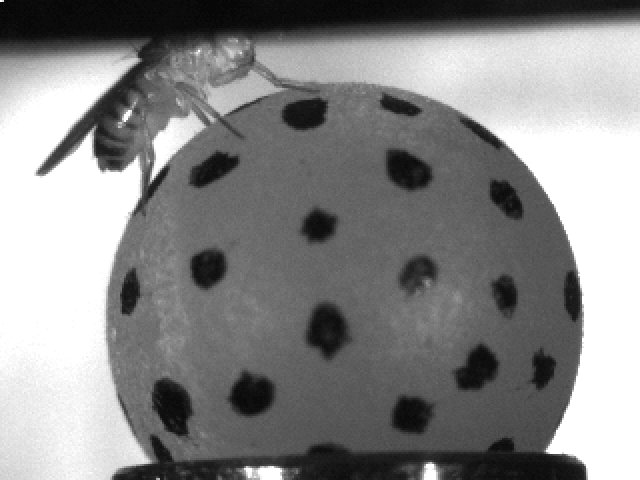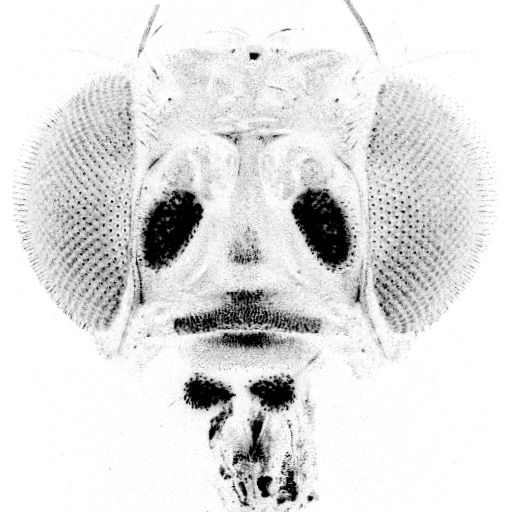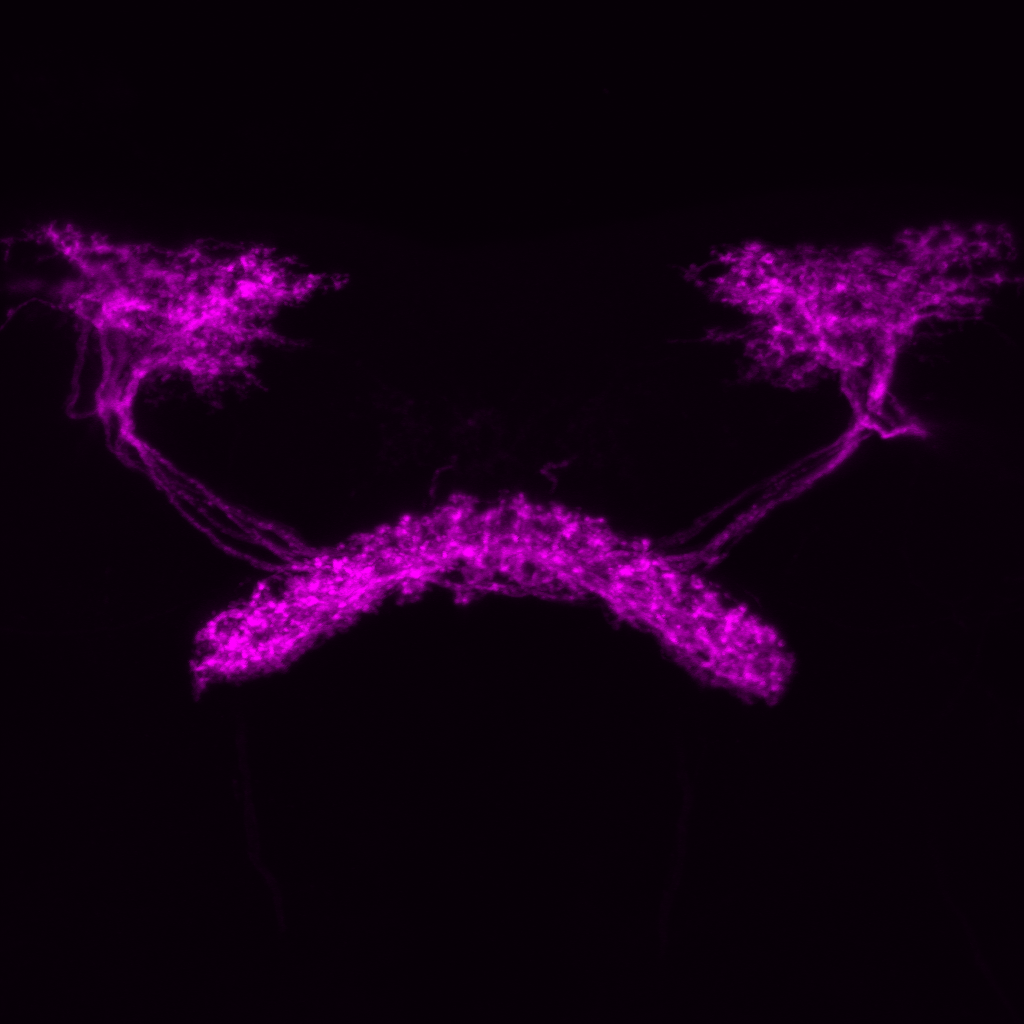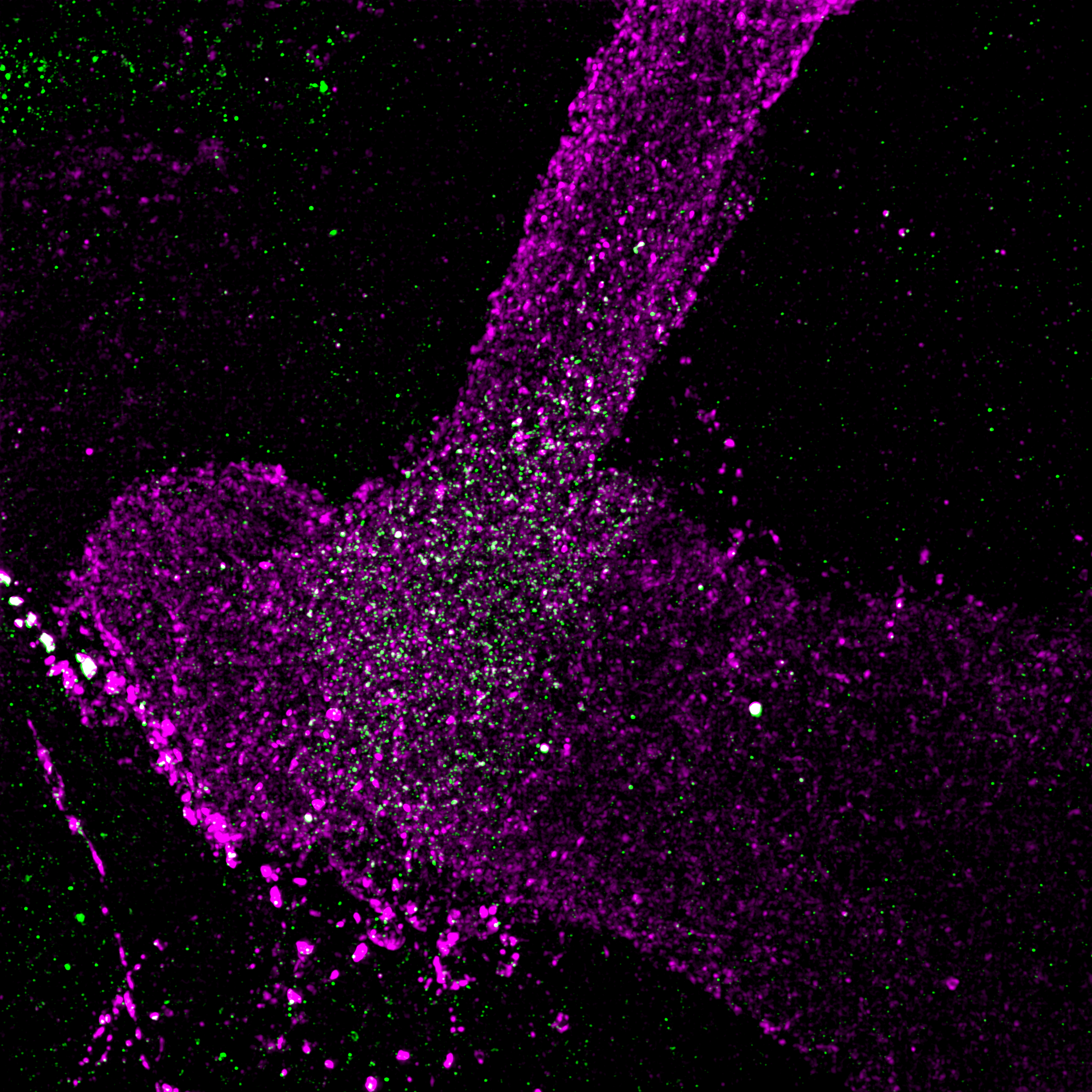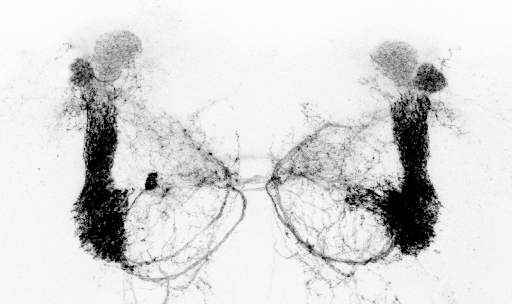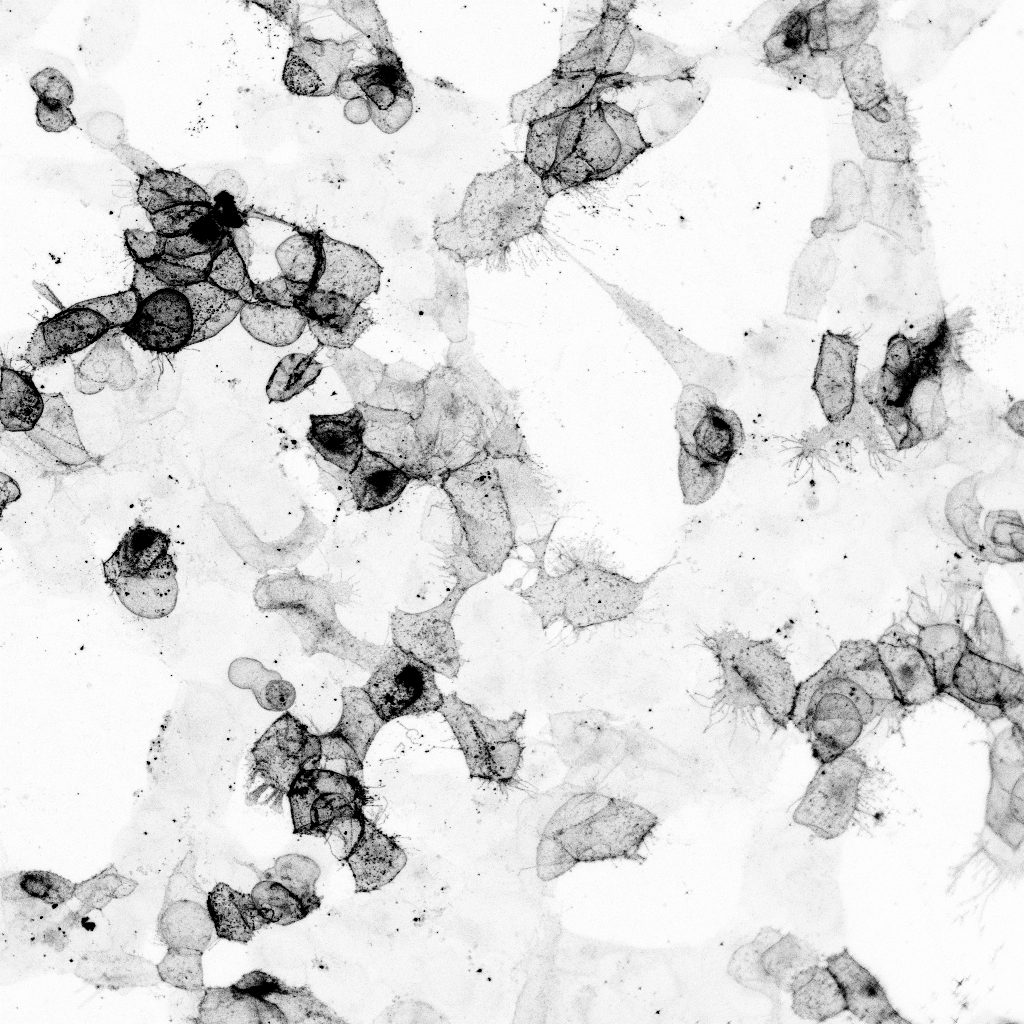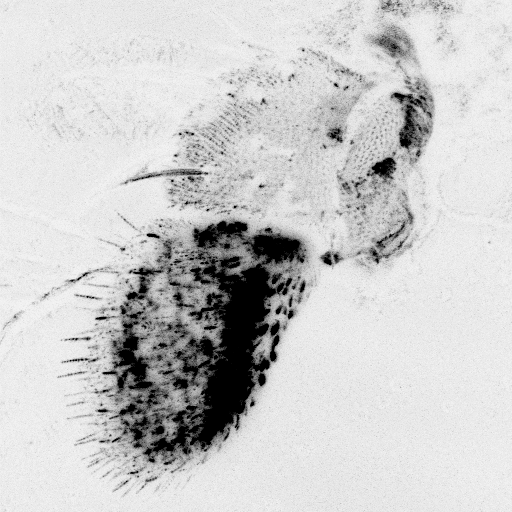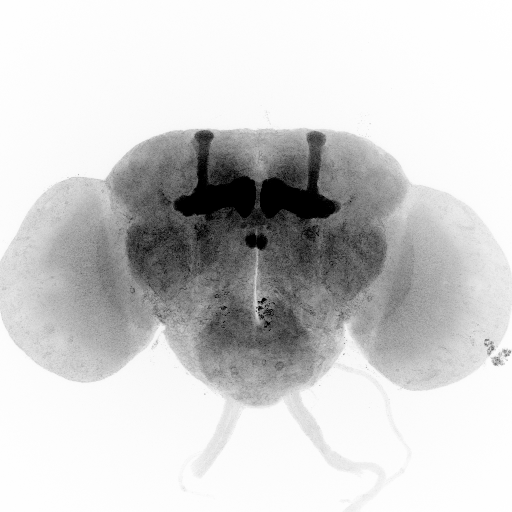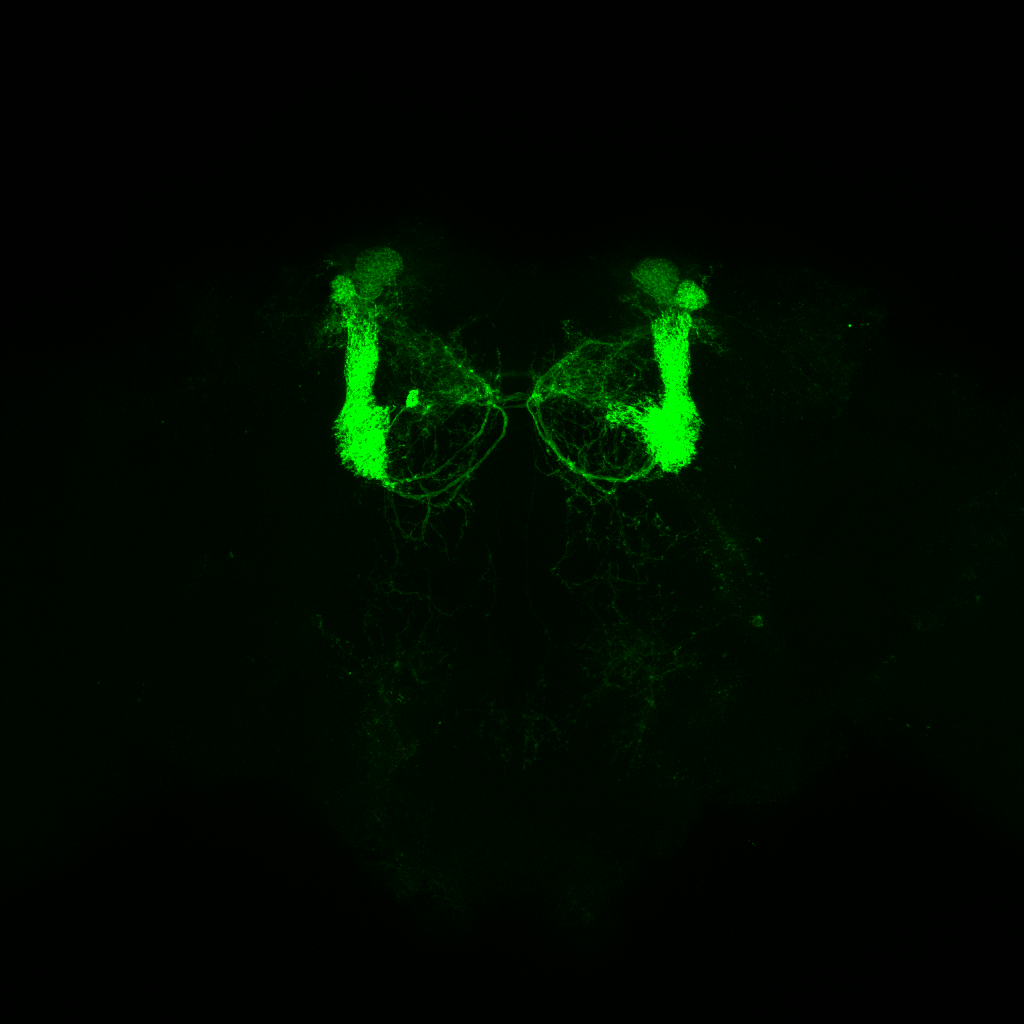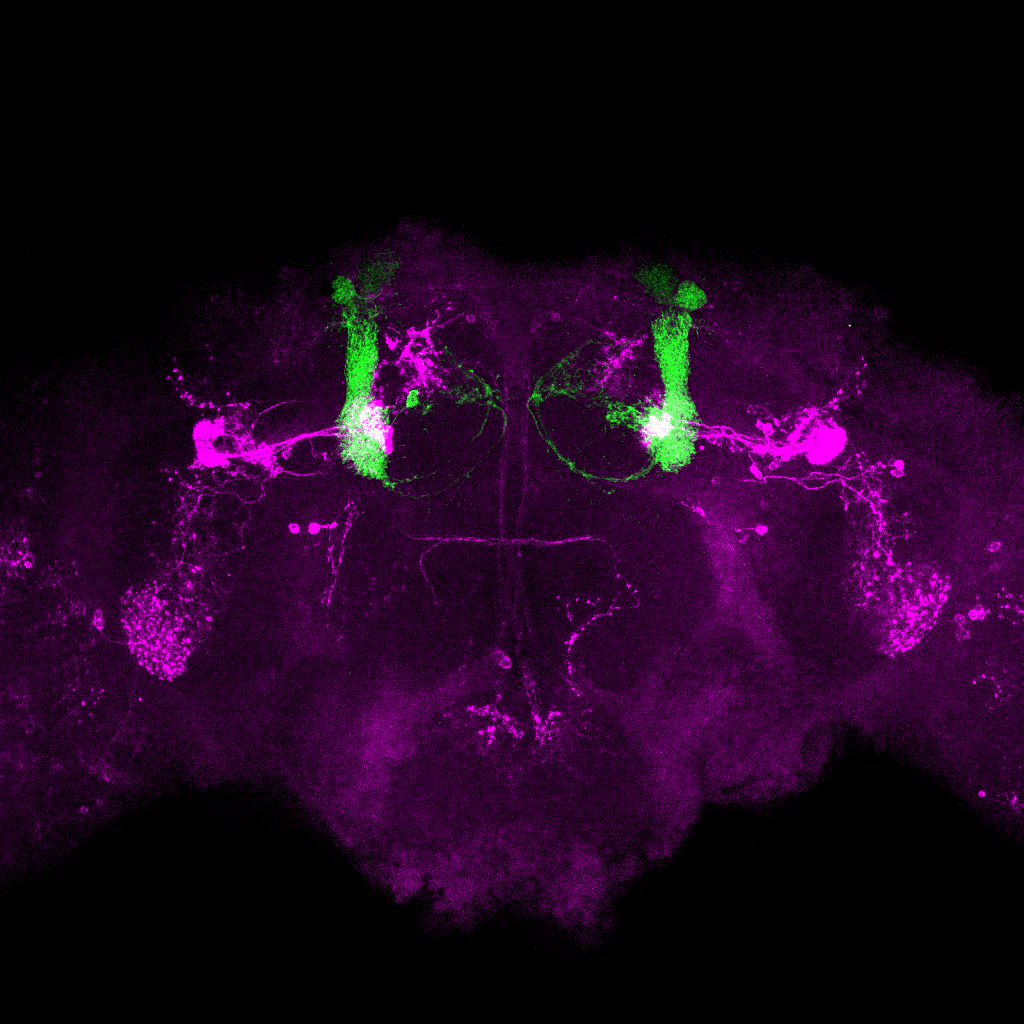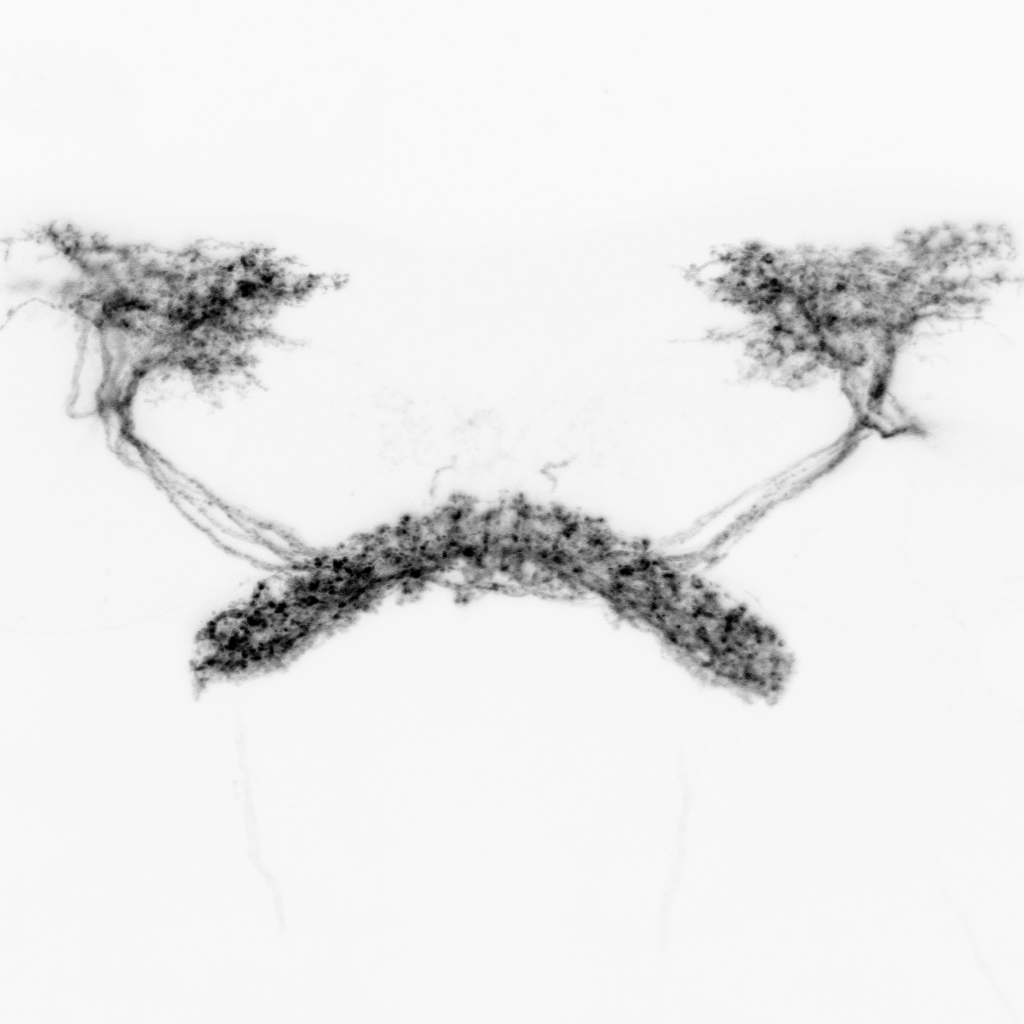Our everyday mental function is strongly connected to our memories. Healthy cognition critically requires proper memories formation through learning, maintenance of these memories over time, and, importantly, the ability to flexibly change memories to adapt to changing environments. The Berry laboratory is intensely interested in how memories are stored, maintained, and forgotten. We utilize the powerful genetics of fruit flies, Drosophila Melanogaster, a model system with an optimal balance of complex behaviors and a relatively simple nervous system. We utilize cutting-edge technologies, spanning behavioral neurogenetics, neural circuits, nervous system physiology, and advanced proteomics to help elucidate the mechanisms that regulate memory systems.
We are actively recruiting students of all stages to come join the group and help us progress our understanding of memory. Click “Join the team” above for more information.
Why study fruit flies?
Most people are surprised to find out that fruit flies can even have memories. In fact fruit flies (like other insects) form strong memories when they experience odors, colors, or even shapes in association with something meaningful like an electric shock, bitter taste, noxious heat, or something more positive like sweet sugar or nutritious food. Long lasting memories can be made that last for weeks and interestingly these long lasting memories share very similar characteristics to mammalian memories, such as requiring protein synthesis and spaced out learning sessions. Beyond just simple associative memory, fruit flies also participate in love and war, having multiple behavioral rituals for courting females and multiple aggressive battle maneuvers when fighting for territory or mates. Furthermore, they display remarkably human like behaviors such as aspects of drug addiction, learned helplessness after too many lost battles, and even alcohol consumption as a result of sexual frustration.
Remarkably, this large behavioral capability comes from a much more simplified genome and nervous system than that of mammals. Couple this with a fast reproduction rate and an ever-expanding array of genetic techniques developed by a large Drosophila research community, fruit flies are an excellent model for understanding the fundamental biology underlying cognitive function.
